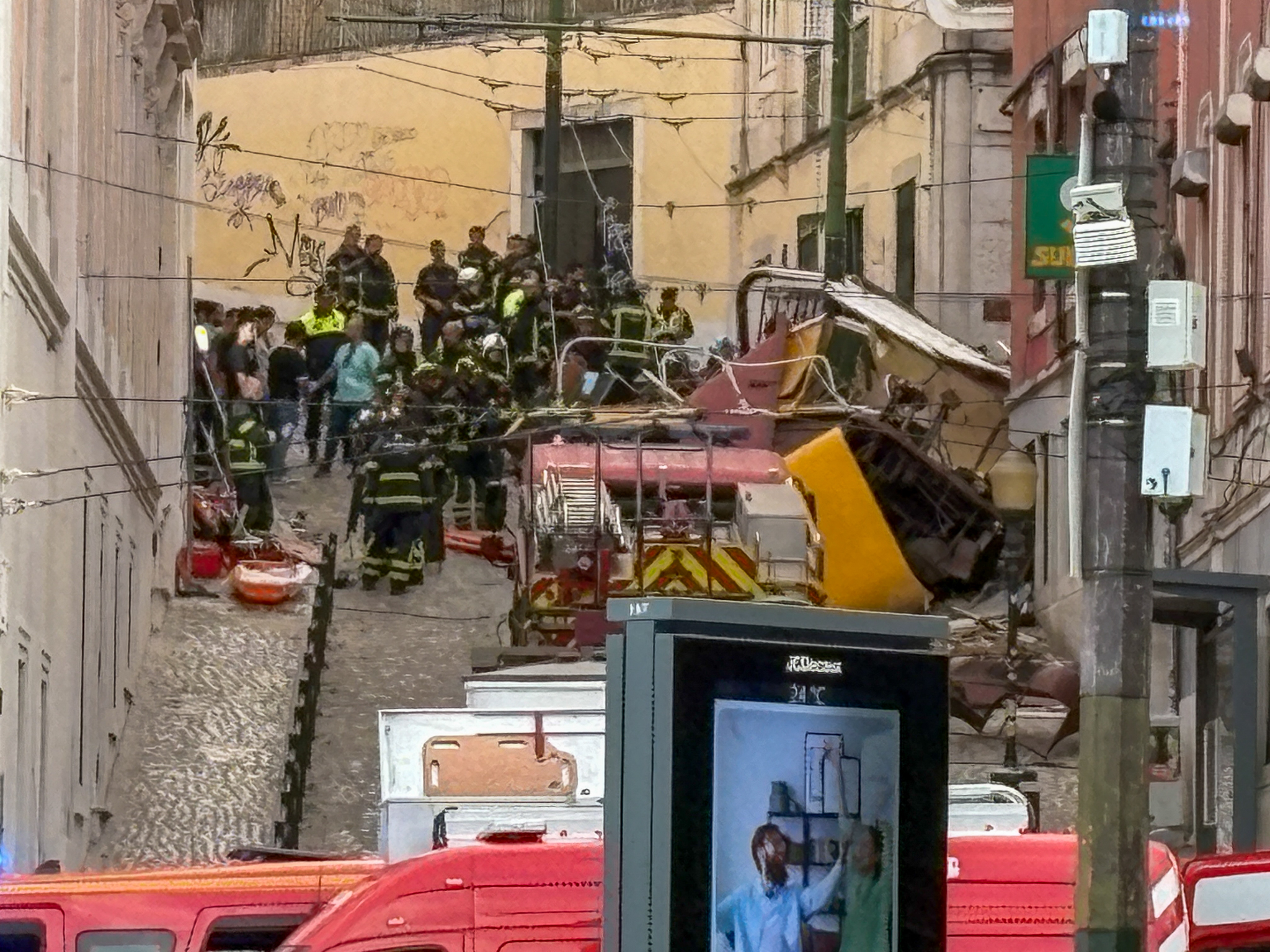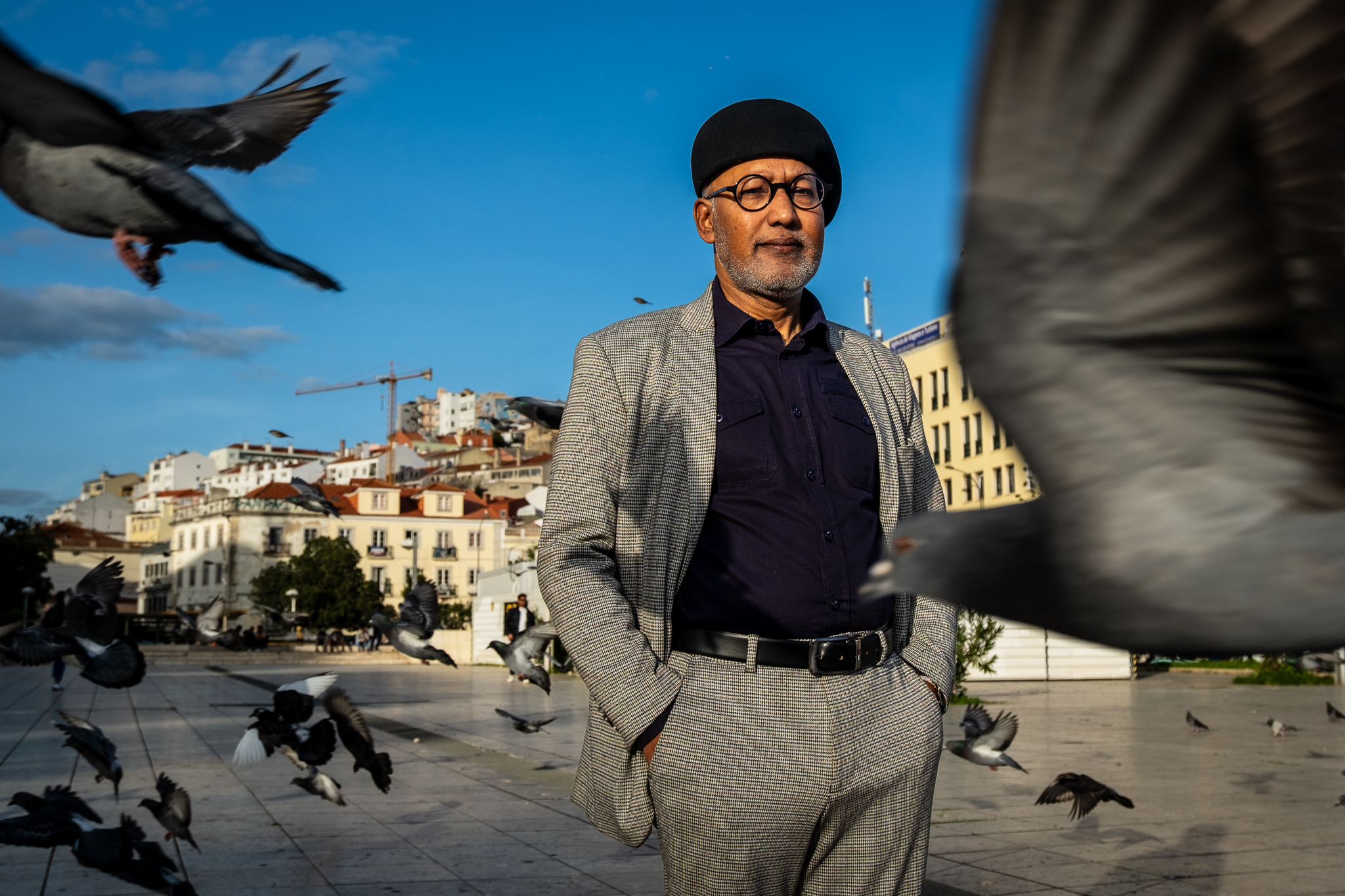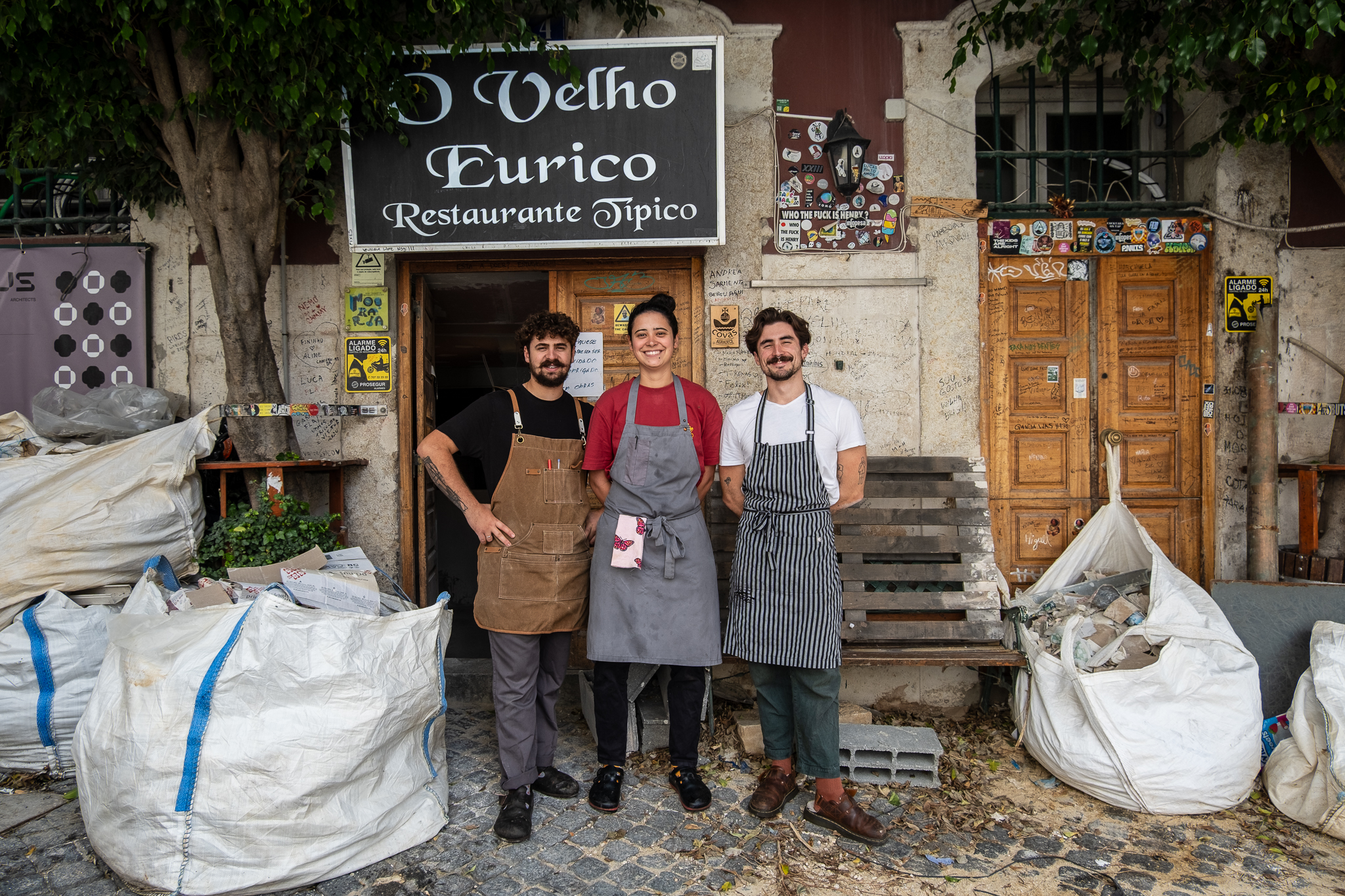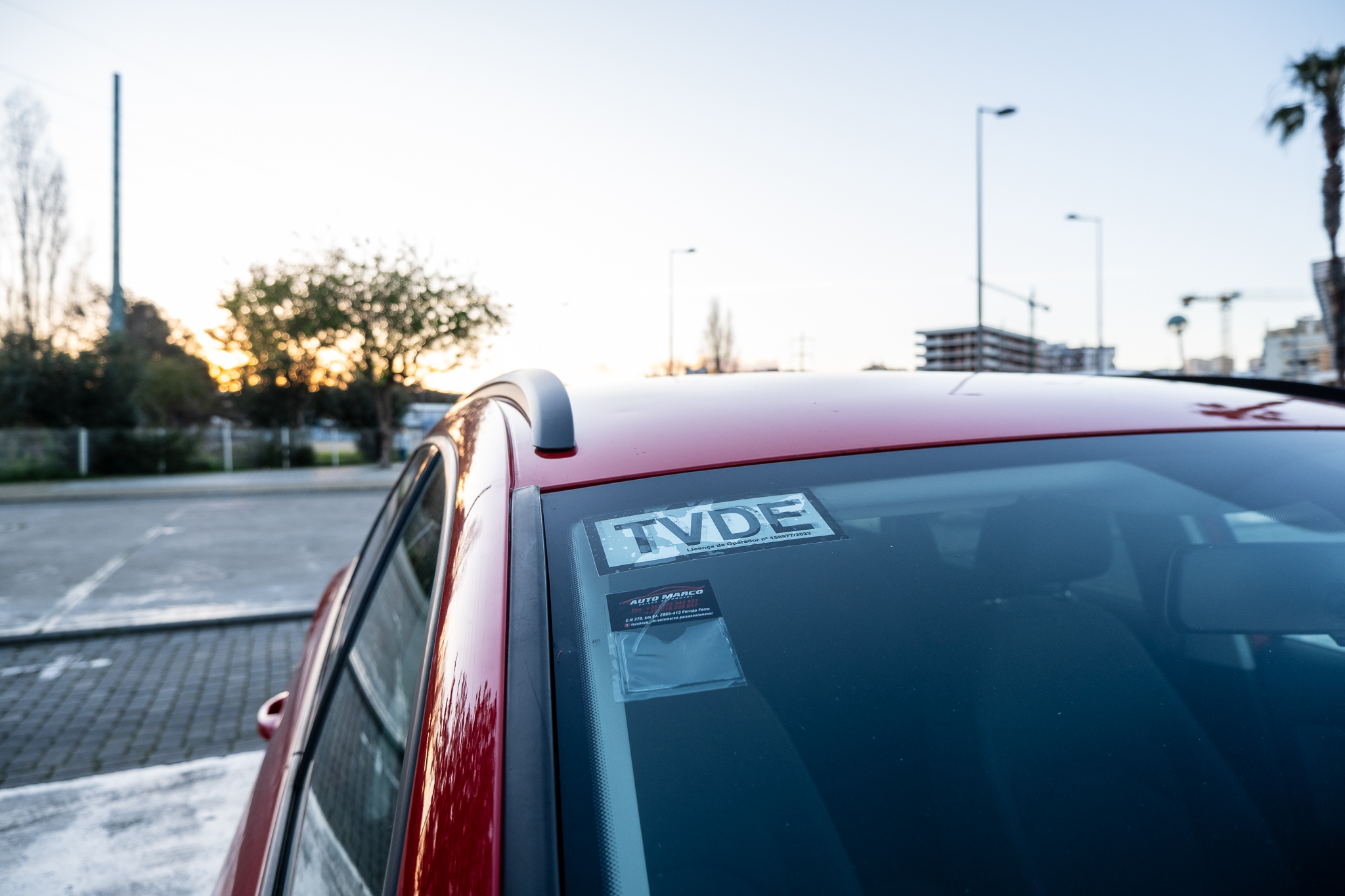The João de Deus School-Kindergarten in Olivais was left without cars at the door. Parents are now walking the last few meters with their children. The school wants to take advantage of the new, safer and more pleasant surroundings for physical education classes and other activities.

André Carvalho, principal of João de Deus School in Olivais, remembers well how the street in front of the school used to be before it was closed to traffic: a chaos of cars. The Fathers and Mothers "were doing tetris" and parked wherever they could, including on the narrow sidewalks, to drop their children off right at the door. And with the reversing maneuvers to get out, "it was lucky" a child not being caught by a carhe says. If necessary, an ambulance or fire department vehicle would not be able to access the school.
At the beginning of this year, everything changed. The street in front of the João de Deus School-Kinder-garden in Olivais was definitively closed to traffic by the Lisbon City Hall. It is a dead-end street - an alley, which made it easier to close. "Olivais is full of alleys"André Carvalho comments, explaining that many streets in the neighborhood are cut in half by pedestrian areas or green areas. Now mothers and fathers are forced to stop their cars further away from the school entrance and walk the last few meters with their children.
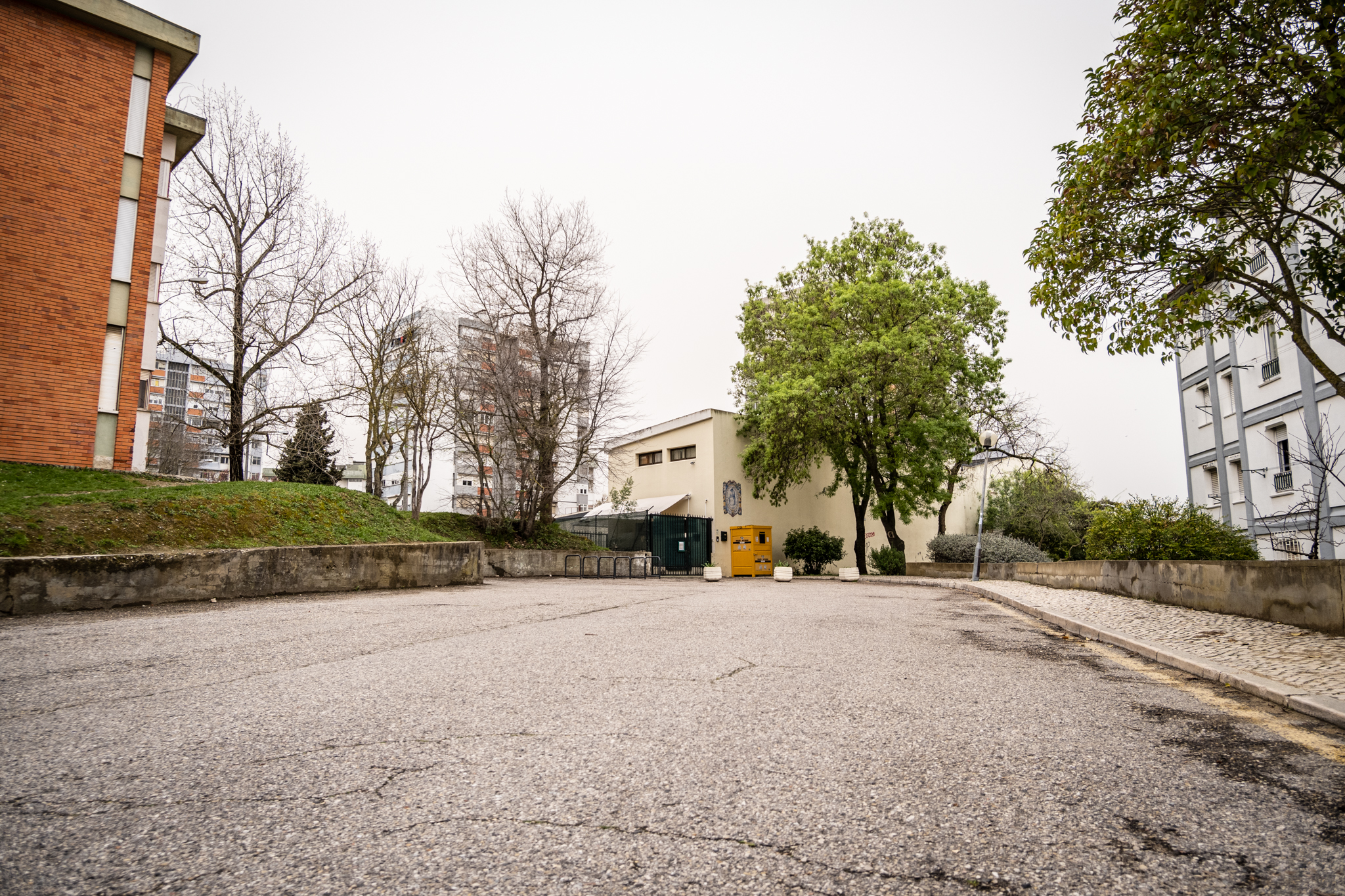
There is still some chaos - especially in the mornings, as entry times coincide more than exit times. Five passenger pick-up and drop-off locations have been created next to the now-closed school street, but they are insufficient to accommodate all the vehicles arriving there almost simultaneously around nine o'clock. Many fathers and mothers stop along the street where there is room, even if there is a yellow line indicating that they are not allowed to stop. Despite this misdemeanor, they make a point of teaching their little ones to cross the road at the crosswalk. The last few meters to school are now done on foot and hand in hand - the parents walk their children to the school gate, exchange hello e good days with other adults. Older children already do this route by themselves.
"I think everyone recognizes that it's not as comfortable but there was awareness" of the problem that existed there, and "there is no courage to demand to go back"André points out. The school's director says that the acceptance was generally positive and that he had only "two or three cases of parents who asked some questions" that have been referred to the municipality - for example, what do they do when they have two small children and one has to stay in the car. The access of emergency vehicles, which before with the confusion at the school's door would have had difficulty accessing it, is now assured, as well as that of supply vans - some of the bollards placed to close the street can be lowered in case of need. "Now it's a bit confusing to see a car here"says André.
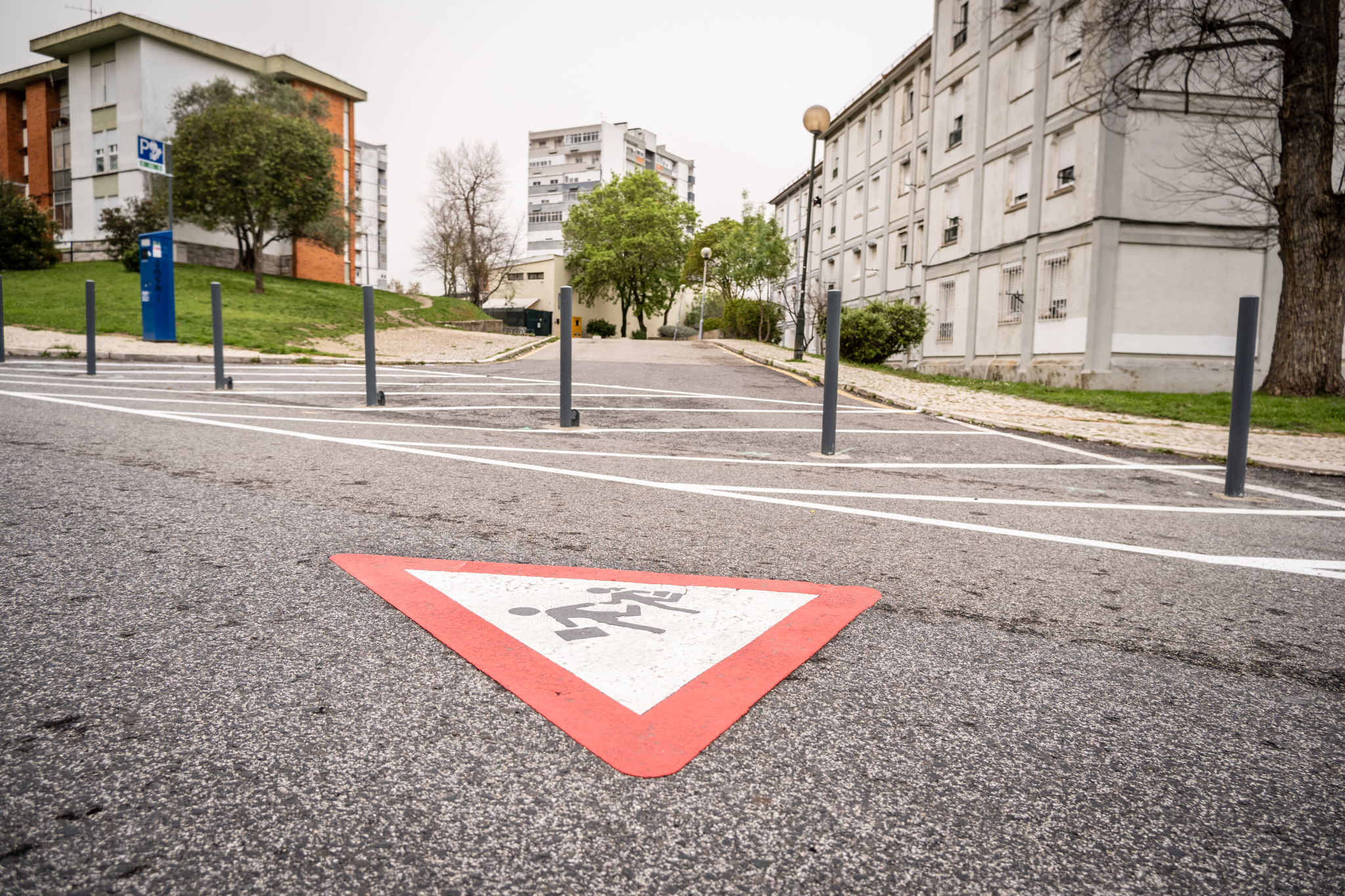
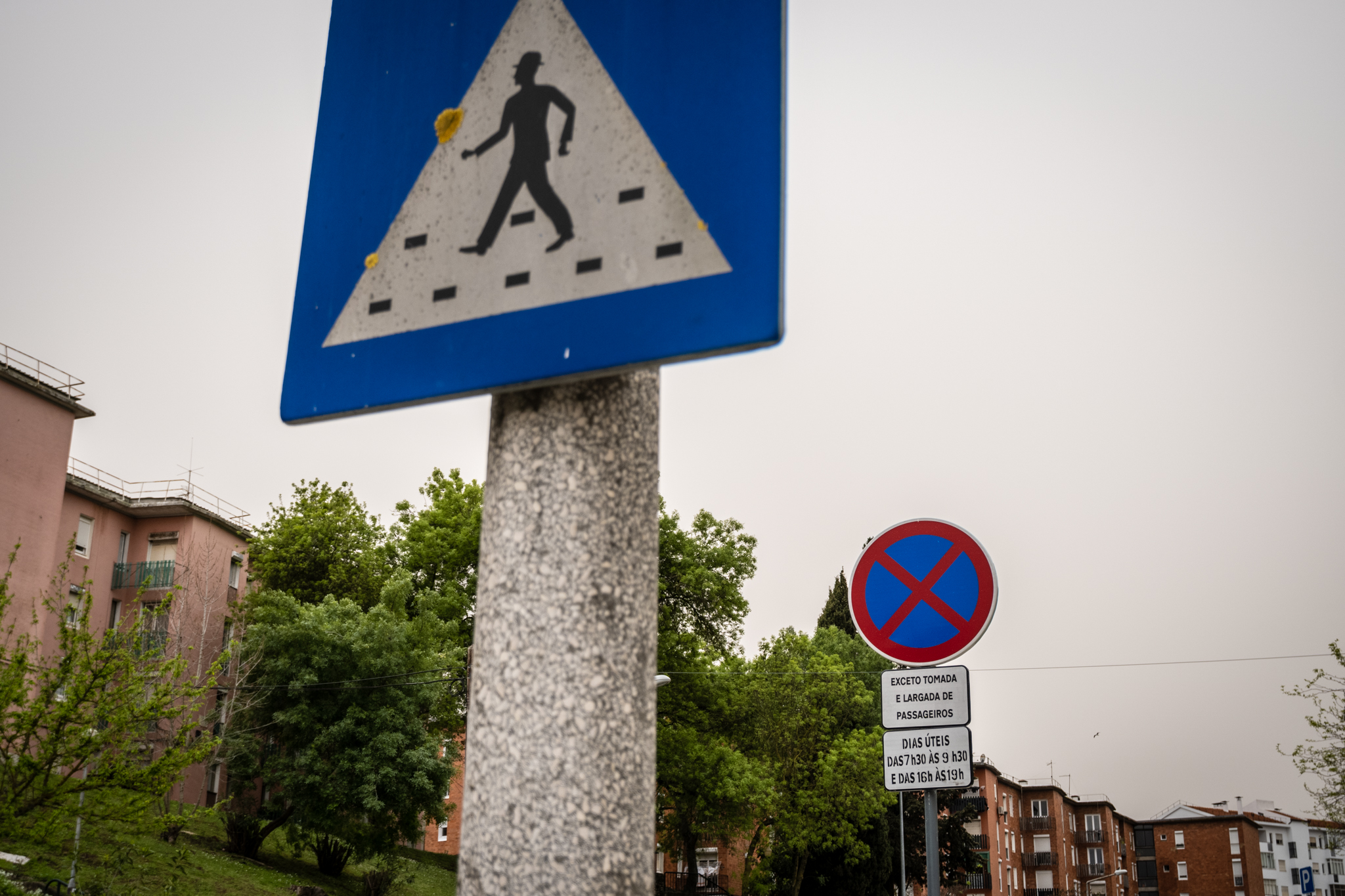
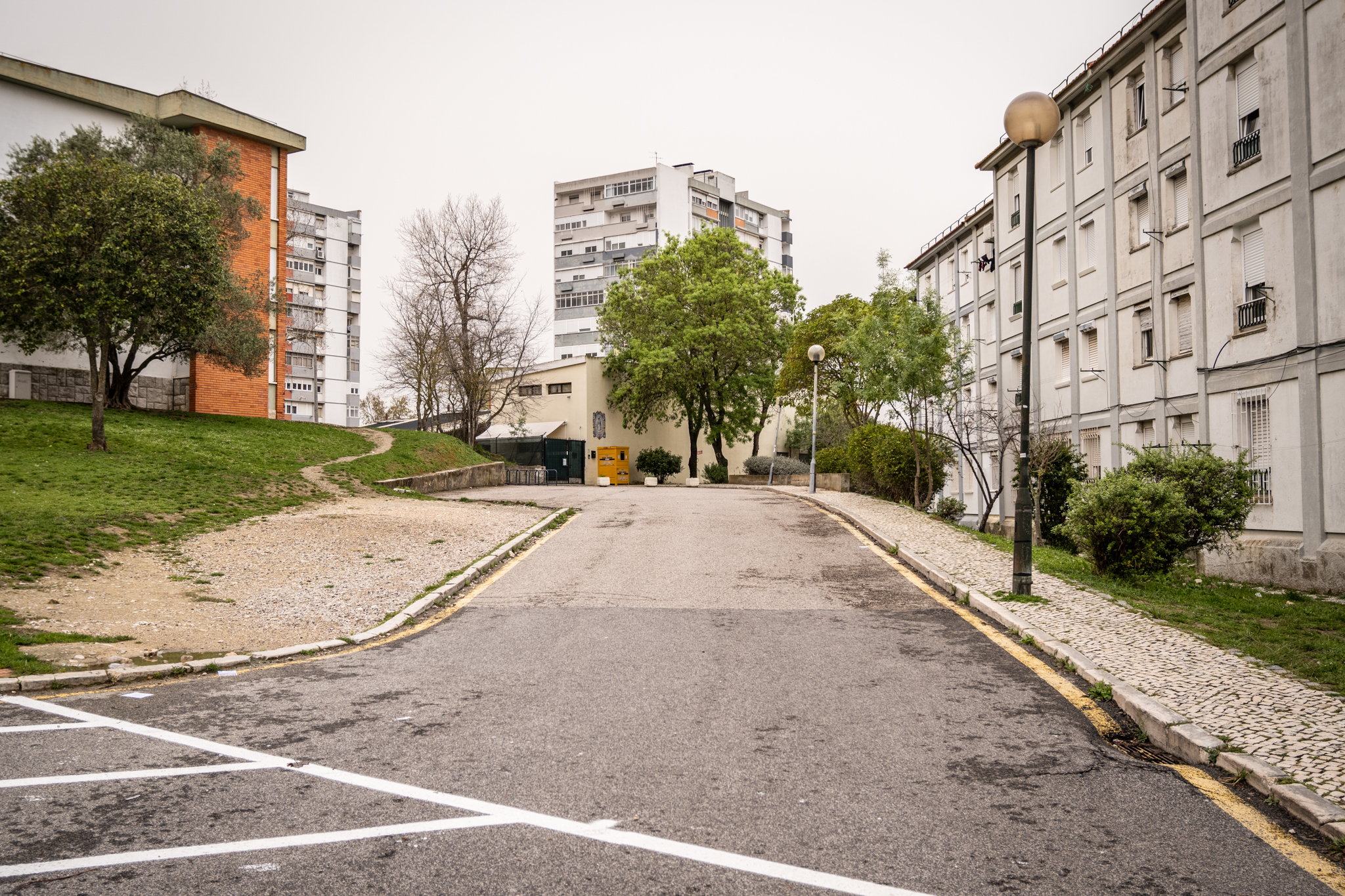
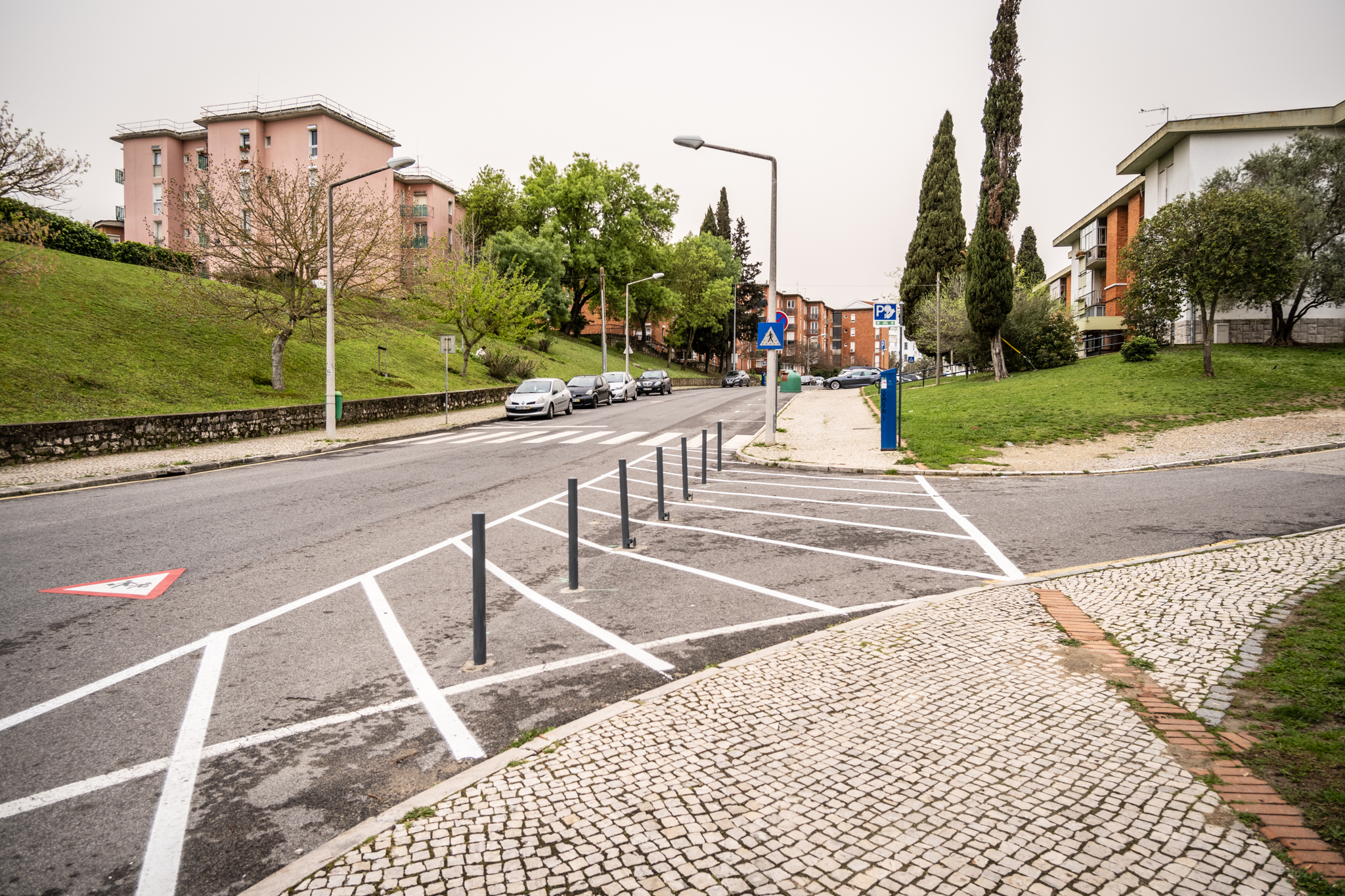
The closure of that alley followed some experiments in the public space around the school "that didn't work" - A yellow stripe was painted around the sidewalk to signal the prohibition of stopping there, and the public parking spaces that existed on the street were removed, reserving the entire area for picking up and setting down passengers. And the Kindergarten itself created a "security bag"with three pots right in front of the school to block vehicle stops right by the gate. Already in 2020/21 the definitive closure started to be rehearsed with the municipal initiative Move For Your City, that led to the closing of the street every Wednesday and that allowed us to understand how the dynamics of entries and exits would be with this exceptional condition. The involvement of some parents of the Bicycle Train that takes place in that school on Wednesdays and the school management were important for this closure.
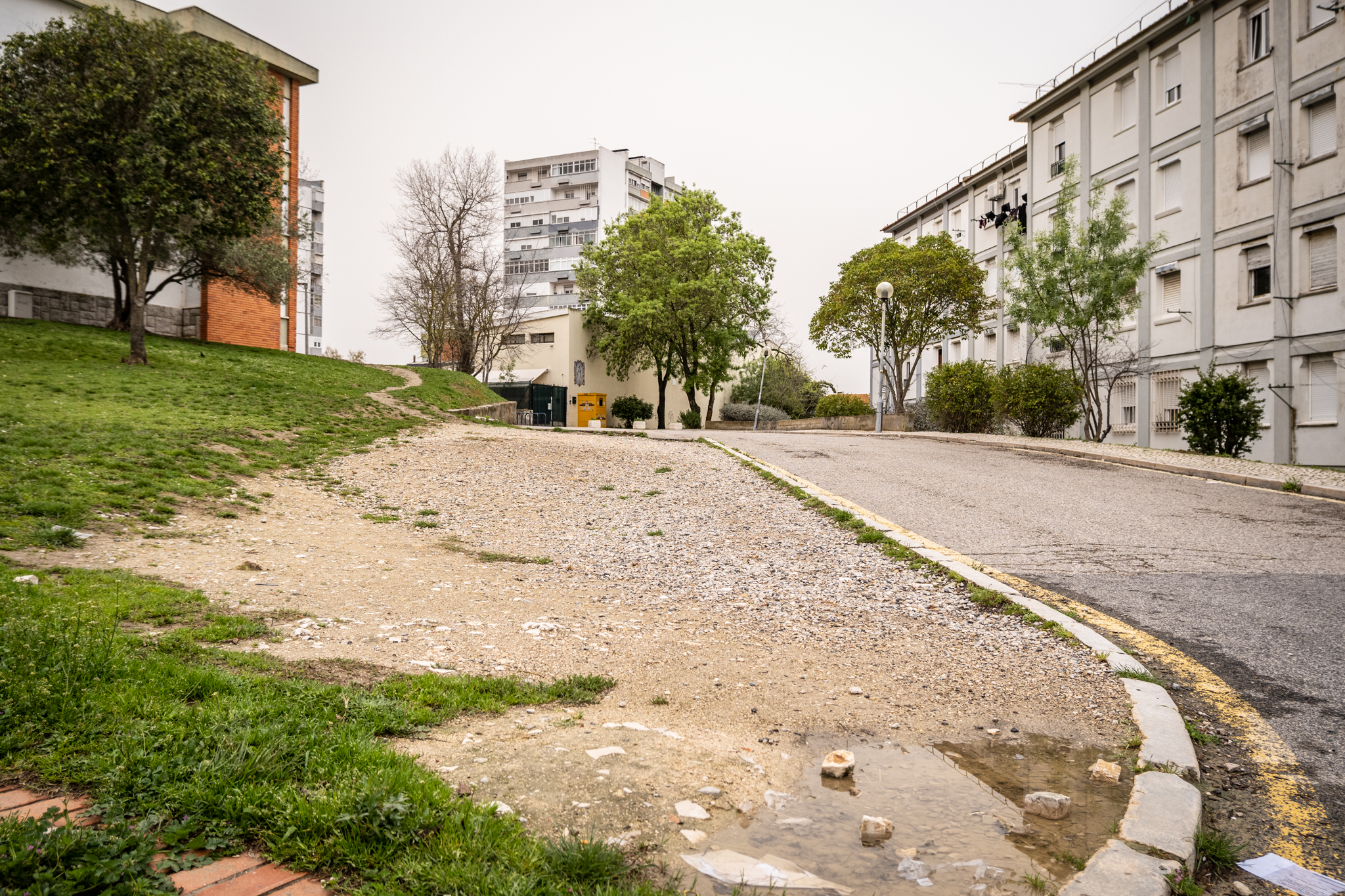
The chaos in front of the João de Deus School Garden in Olivais every morning and every afternoon, from Monday to Friday, is not different from what is experienced by many schools in the city - the parents' cars pile up at the entrance of the school groups, stopped wherever there is space, even if they occupy sidewalks or bus stops. The confusion is momentary and concentrated mainly in the morning, during the 20-30 minutes when most students enter; in the afternoon, it is diluted over a longer period of time because the departure times are more dispersed, but is still noticeable after 4 pm.
André Carvalho hopes to use the new space conquered in front of the João de Deus School-Kindergarten in Olivais for some physical education classes, including classes to learn how to ride a bike, rollerblade and skateboard. An artistic intervention on the asphalt is also planned, to be carried out with the collaboration of the boys and girls from the kindergarten. André also wants "giving the alley a name"so that it ceases to be "just a complement of a street" and can have more dignity.
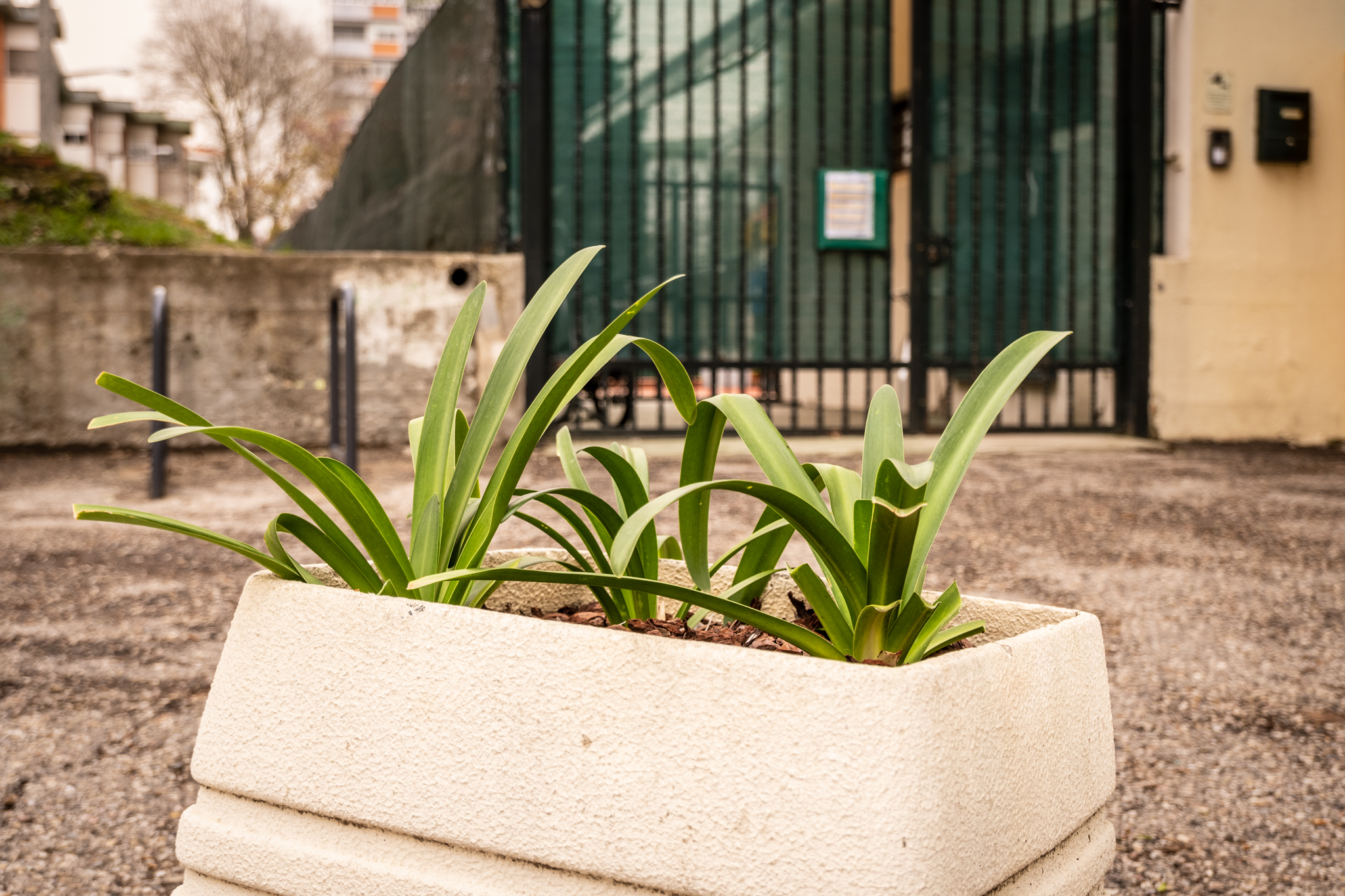
Cities like Paris and Barcelona have been removing cars from in front of city schools, creating pedestrian streets where soft modes of travel like bicycling are favored. The goal is to improve road safety and environmental quality. In Lisbon, every Tuesday the surroundings of the D. Filipa de Lencastre School Grouping in the Arco do Cego neighborhood are closed to cars; but this is the only case in the city. Except for this definitive closure of this school in Olivais, the school surroundings in the Portuguese capital are still very much dominated by cars and, in fact, most of the students go to school by car, according to the survey Hands Up! of 2020.

